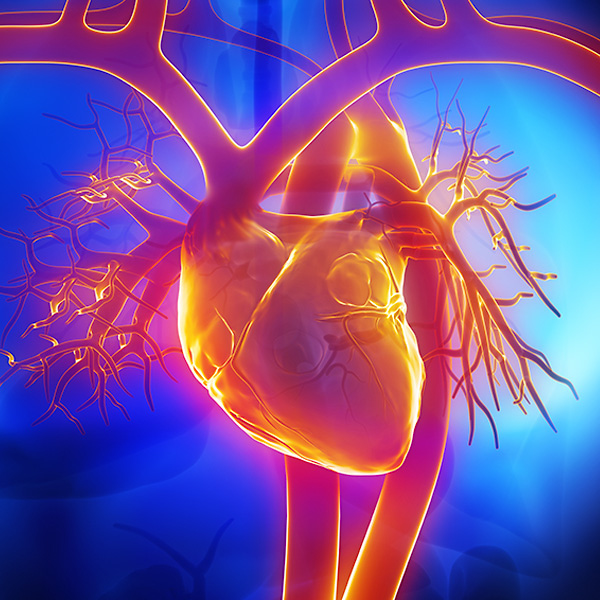Heart Valve Disease
Overview and Facts about Heart Valve Disease
Heart valve disease is a heart condition characterized by one or more dysfunctional heart valves that do not open and close properly. The aortic valve, mitral valve, tricuspid valve, and pulmonary valve are the four valves in your heart, and they function together to facilitate healthy blood flow to and from your heart.
The valve dysfunction caused by heart valve disease can disrupt proper blood flow through the heart and the rest of the body.
Signs and Symptoms of Heart Valve Disease
Some individuals experience no signs or symptoms, while others may have heart murmurs or an abnormal heartbeat or rhythm. Symptoms may vary depending on the dysfunctioning heart valve. For example, individuals with dysfunctioning aortic or mitral valves often experience dizziness and/or fainting.
Other symptoms of heart valve disease include:
- Fatigue, including dyspnea or syncope
- Unusual shortness of breath, particularly when lying down or after physical activity (orthopnea)
- Feet, ankle, leg, and/or stomach swelling
- Chest pain during physical activity, including exertional angina
Less noticeable signs and symptoms of heart valve disease often occur directly inside the heart. Blood clots may also form in arteries and/or veins.
Causes and Risk Factors of Heart Valve Disease
Some individuals are born with abnormal heart valves and are thus more likely to develop heart valve disease symptoms. Individuals with a personal or family history of heart disease and/or a personal history of heart valve disease, heart infection, rheumatic fever and heart attack or failure are also at risk of heart valve disease.
Other risk factors include:
- Old age
- Diabetes or insulin resistance
- Obesity
- Smoking
- Hypertension or high blood pressure
- High blood cholesterol levels
Tests and Diagnosis of Heart Valve Disease
While a physical exam with a stethoscope may detect heart murmurs and is the simplest test for heart valve disease, there are a number of other, more extensive tests which may yield more detailed information. These include:
- Electrocardiograms, special X-rays, general chest X-rays and/or echocardiography, which are often used to identify internal signs of heart valve disease.
- An EKG test, using a Holter monitor, which is used to monitor the heart’s electrical activity.
- Cardiac magnetic resonance imaging (MRI) techniques, which may confirm the presence of a heart valve defect.
- Cardiac catheterization, which is used to find coronary blockages from abnormal heart valves and abnormal blood pressure within the heart and lungs.
Treatment and Care for Heart Valve Disease
There is currently no effective medical therapy to treat those with severe aortic stenosis. However, there are a number of treatments that can reduce the risks of the disease. These will depend on which valve is affected and may include:
- Surgery to repair or replace defective heart valves, including transcather aortic valve replacement (TAVR) or surgical aortic valve replacement (SAVR).
- Medications to help reduce accompanying symptoms, such as hypertension and high cholesterol.
- Healthy lifestyle habits, such as regular exercise and a low-cholesterol diet, which may help prevent aortic stenosis in heart valve disease.

Request an Appointment
Loyola Medicine heart and vascular specialists have the experience and technology to treat the most difficult cardiac and vascular conditions. Schedule an appointment today.
Schedule a Telehealth Appointment
